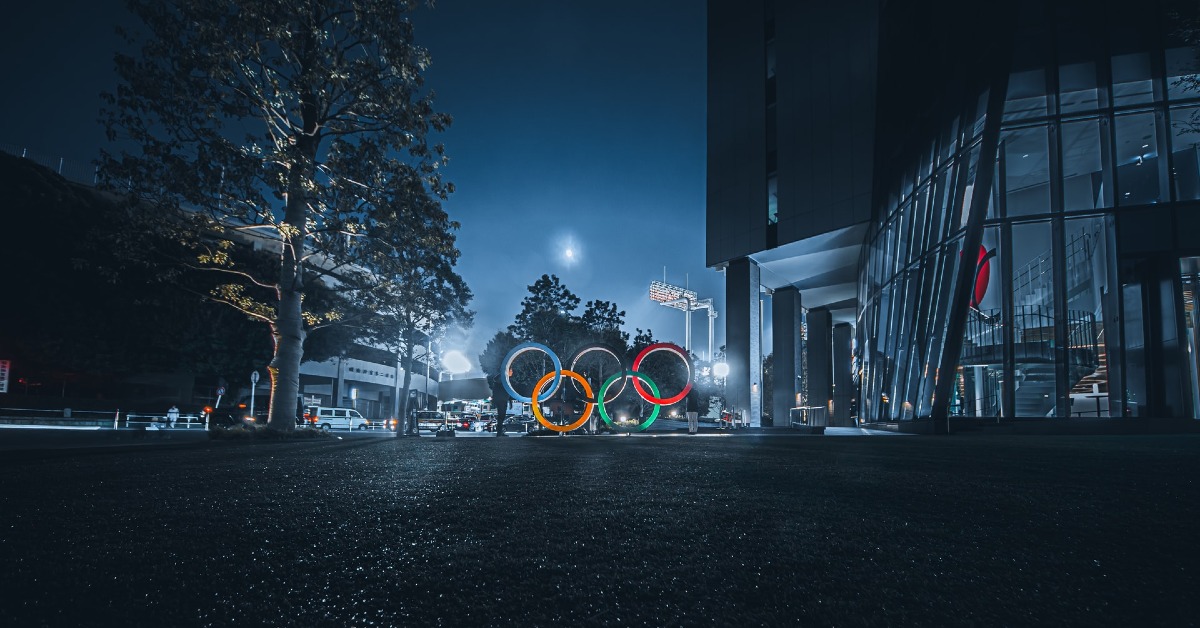Olympics and the value of initiative
Learning how to learn from our Olympians
As the Tokyo Olympics draws to a close, it leaves me inspired and awed. For multiple reasons! On a personal note, for the first time, I was able to introduce my son - now eleven - to the glory of the world’s largest sporting event! Five years ago, he was too young to appreciate the grandeur of this event, all that goes into its planning (especially this unprecedented one), the training the athletes go through, the wide range of sporting events that it supports (BMX is his favourite by the way!!) and the diversity of nations that participate.
I am not a sporting fan, as I’ve shared earlier. However, the beauty of these events is in what it teaches us beyond the sporting techniques. It warmed my heart to see Naomi Osaka light the Olympic flame, which passed through the deserving hands of so many young and old athletes, frontline workers, and school students. A perfect example of inclusion when we are planning any event as an organisation. I was immediately reminded of my first manager who would always insist that any HR intervention we plan must reach the last mile of the organisation and truly resonate with every member.
The sporting events were a delight to watch even for those of us who don’t follow the sport on a regular basis. We spent an entire Sunday afternoon watching archery qualifiers and cheered for Atanu Das and Deepika Kumari!! How did that event engage me so deeply, I wondered later? I zeroed it down to two factors. One, the sheer passion of the athletes was so infectious that it permeated through the screen and had me invested in their matches. I geekily identified the second factor though as an instructional design strategy. A bite-sized video explaining every sport that helped bring viewers like me up to speed. In a matter of 60 seconds, the fast-paced video showed us the rules, the tricks, and the skills to appreciate in the sport. Voila! It was the perfect Just-in-Time Learning session.
Finally, how can any thoughts on Tokyo 2020 be complete without a reference to the seven medals that India won in the Olympics and the four we won in the less talked about Paralympics? These may seem like a minuscule number in front of the top countries on the tally chart, but this Olympics was not about just winning a medal for those athletes. It was about showing unprecedented levels of grit and resilience, about patience and hard work, about relentless practice without access to comparable facilities. These medals are about ‘despite’ rather than ‘because of’ and taking the first step in the direction of winning - initiating. Mirabai’s humble abode, Ravi Dahiya’s simple village, Neeraj Chopra’s spartan training grounds - all may pale in comparison to where the top Olympians come from. However, instead of feeling victimised, these athletes took control of their passion and charged through the barriers between their skill and their achievements, and the future belongs to those of us who have taken charge of ourselves. They recognised their talent, took responsibility for training themselves, and stayed engaged in this uphill road to the medal. Even the Indian women’s hockey team that missed the medal by a whisker, has many inspiring stories to share of how they began their journey to the semi-finals.
In my last blog post, I referred to the fact that learning and development of an employee is no longer the onus of the organisation or HR. It is for the employee to take charge of her/ his development, or face redundancy in this rapidly changing economy. As the world of work around us changes in ways we have never imagined, we cannot afford to stick to the old ways and depend on others for our growth, wellbeing and success. This is the time when we need to take charge of what we want to learn, how we want to learn it and when. While workplaces have been significantly disrupted because of the pandemic, what has emerged from this disruption is also a freedom to delink work from time and geography. It has given room for every employee to curate individual learning journeys and roadmaps that will meet her/ his unique career aspirations and work to her/ his individual strengths and opportunities – just like our Olympians this year.
Tokyo 2020 has taught us a lot, but my biggest takeaway is the value of taking initiative and not depending on anyone else to train, to engage or to be gritty. Till Paris ’24!


